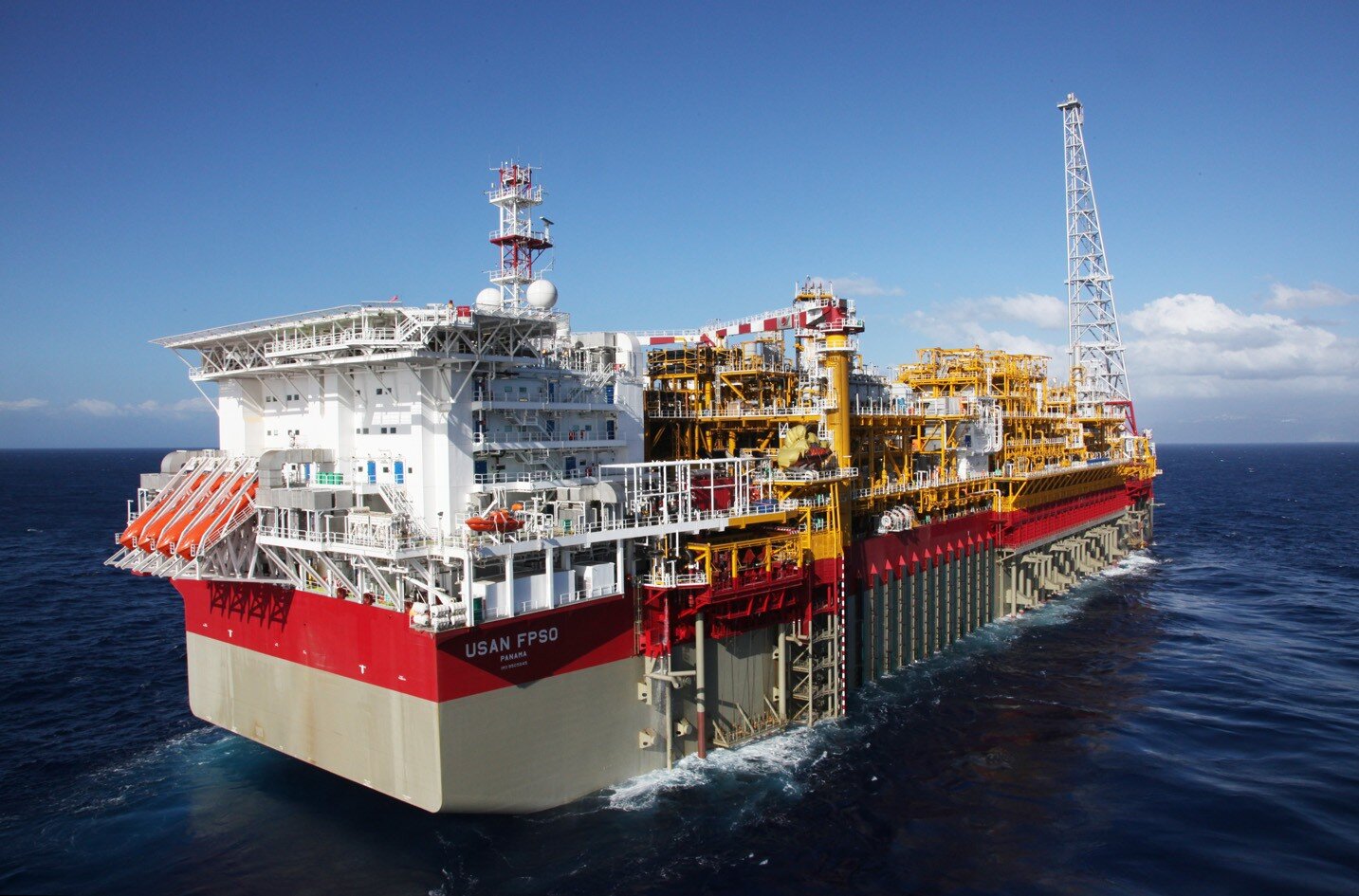ExxonMobil’s subsidiaries in Nigeria are seeking to mobilise two deep-water drilling rigs for a period of three years, with options of a further two years.
Under a tender opportunity issued this week, the companies are seeking to conduct drilling, completion, testing, temporary abandonment, and workover activities in water depth ranging from 600m to 1,800m.
The American major is currently divesting its shallow water portfolio in the country to focus on the development of its deep-water assets, including OML 133 (Erha FPSO), OML 138 (Usan FPSO), OML 139 and OML 154 (Owowo discovery).
In recent public appearances, ExxonMobil executives in Nigeria have hinted at the progress made on several deep-water opportunities in the country, without giving any specifics.
Over the past few weeks, the company’s subsidiaries have issued a total of 23 tenders to support drilling operations for three years at least, including for the provision of subsea wellhead systems and of oil country tubular goods (OCTG).
The Owowo (OML 139/154) and Bosi (OML 133) developments feature amongst NNPC’s key projects this decade. The development of Owowo could include the drilling and completion of 53 producers/injectors with a subsea tie-back to the Usan FPSO. Its FEED and contracting could commence in 2024, according to NNPC.
The scope for the Bosi development is yet to be announced and could rely on the existing infrastructure of Erha, located on the same block.
Liam Mallon, President of ExxonMobil Upstream Company, was amongst the first executives to meet President Tinubu after he took office in May. The meeting sent encouraging sign on the major’s commitment to Nigeria and the possibility of fresh investments being announced soon.
In June, the company appointed Shane Harris as its new chairman and managing director in Nigeria.

